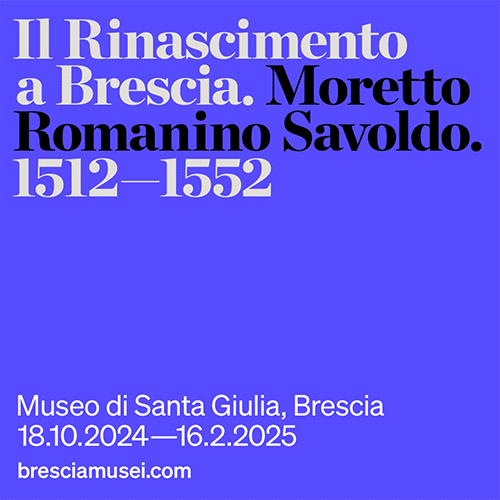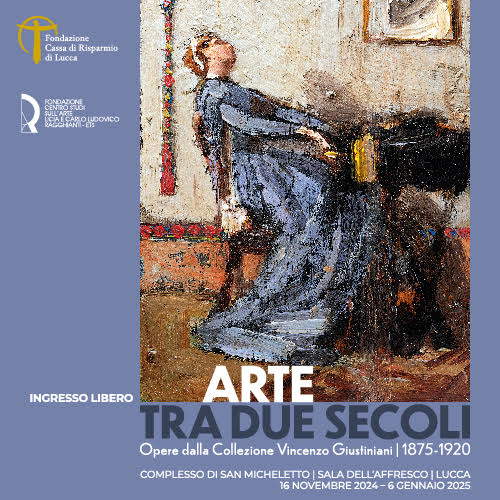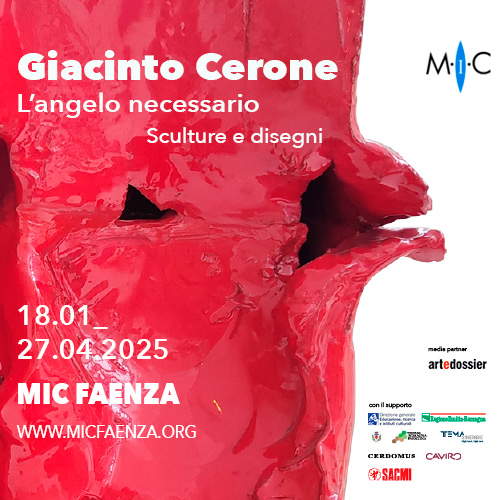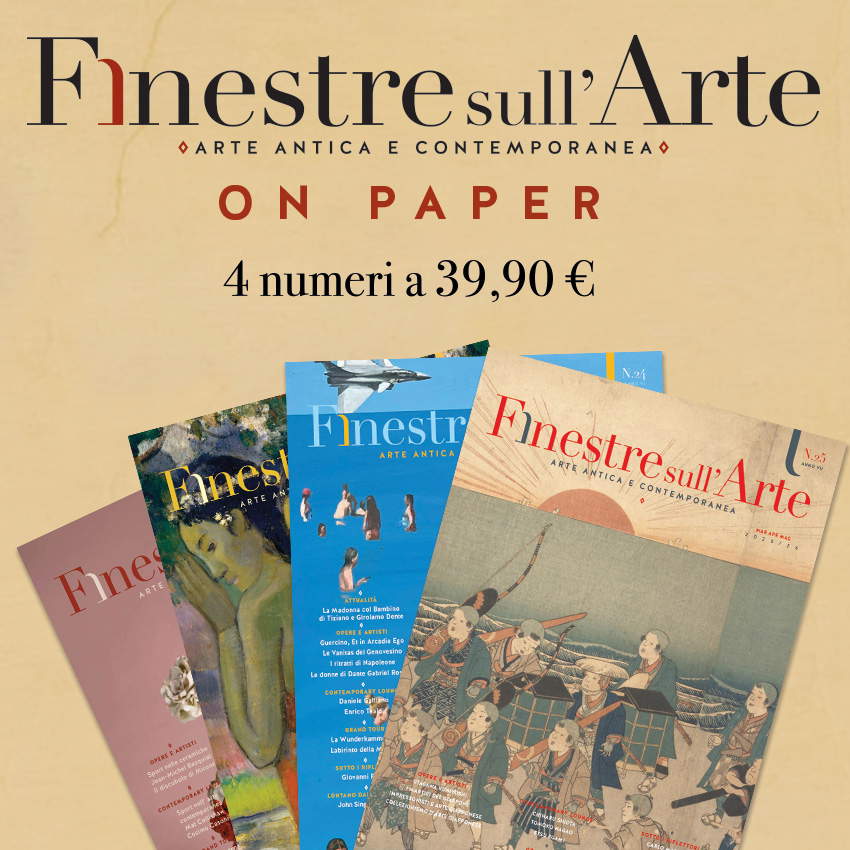MUSE Trento, a night at the museum for eighteen artists to reflect on the Anthropocene
On Saturday, June 3 and Sunday, June 4, 2023 (5 p.m. to 10 a.m.), the Art and Design Hackaton “Generating the Anthropocene | Generating the Anthropocene” was held at MUSE in Trent, Italy, to mark World Environment Day.
Launched by NxT, the MUSE training and transformation program for artists, designers and cultural professionals moves at the intersection of Science, Arts and Environmental Humanities aims to translate complex issues of current events and take action against the climate and ecological crisis. The selected girls and boys spent a night at the museum, confronting each other and bringing their concepts to life. The proposals of the eighteen selected artists came from all over Italy (Trento, Milan, Naples, Padua, Vittoria, Poggibonsi, Forlì, Verona, Trieste and Bolzano) but also from abroad (Bosnia Herzegovina, Spain, Colombia). The latter were confronted with Michele Lanzinger, director of MUSE, on activist museum issues; with Stefano Cagol on engaged art and public art; with Mali Weil on bio-design and interspecies design. They then became part of the NxT community and may be involved in subsequent thematic projects.
“I think this Hackaton marks an important moment in our history as a museum institution,” explains MUSE director Michele Lanzinger. “Those of climate change and sustainable development are very relevant topics for our society, challenges that museums also have to deal with if they want to be interesting and relevant, if they want to make a difference. The issues of planetary limits, loss of biodiversity, decisions, inspirations, utopias and dystopias related to desirable futures, are not addressed only with numbers and logarithms but are an expression of a will that is a broad synthesis dimension of our being society and humanity. Here, then, is the relationship with artists, subjects capable of decoding complexity and creating novel relationships. As museums, we need to weave a relationship with artists, to operate in search of the best way to build together a response for the theme of the Anthropocene.”
“The basic concepts of pressure on the ecosystem and scarcity of time to be able to intervene with important outcomes,” says Carlo Maiolini, who oversaw the organization of the Hackaton, “go hand in hand with the idea of working community as the only solution to achieving positive outcomes for a mission that involves everyone.” Now, among the concepts collected to communicate the challenges of the Anthropocene through the languages of art and design, the NxT board will select three proposals that will be realized and installed in the outdoor spaces of MUSE on the occasion of the celebration of the museum’s first ten years (July 22, 2023). The selection criteria will concern the originality and impact of the concept, but also its ready realizability, durability, economic and environmental sustainability. All concepts produced will be displayed in virtual form on the MUSE website dedicated to the NxT program and the Anthropocene program.
Two lines of work followed and curated respectively by Stefano Cagol and Mali Weil:
We Are the Flood. The hackathon takes place on the eve of World Environment Day, a term that literally means “what surrounds us.” Moving away from an anthropocentric idea of our centrality to the planet, the We Are the Flood proposes a communion not only between people, but with nature to address issues as complex, shifting and viscous as climate is in philosopher Timothy Morton’s definition. From these insights We Are the Flood proposes to start to think, share and discuss concepts for new installations.
Like Life. Bees are living beings with whom we have complex and very ancient relationships, they have fascinated us for countless reasons (from their importance to life itself because of their role as pollinators, to their articulate matriarchal social organization, from their ability to communicate through a codified language such as a dance, to the alchemy by which they produce honey) to entering our myths, our rituals, and our imagery on a variety of levels. Mali Weil therefore invites to think concepts that address and deepen the relationship between bees and other actors (plants, other insects, microorganisms, humans, robots and other machines, etc.) in the urban environment.
The Generation Anthropocene | Generating the Anthropocene hackathon within the NxT program is supported by Lavazza Group, Sustainability Partner of MUSE, and Acqua Levico, Special Sponsor.
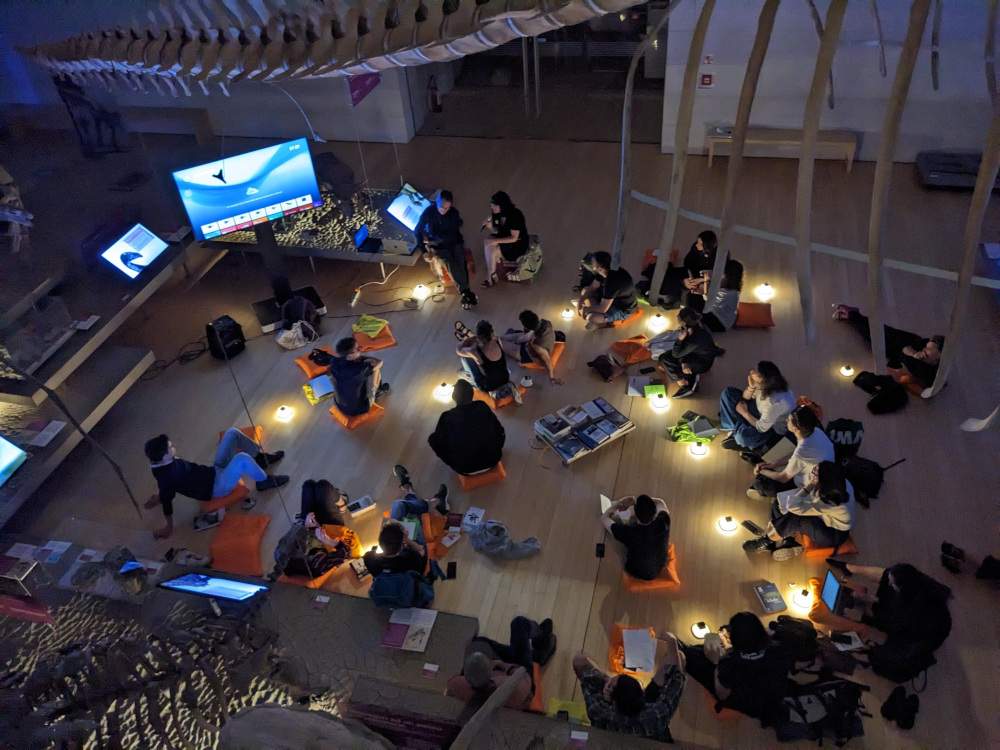 |
| MUSE Trento, a night at the museum for eighteen artists to reflect on the Anthropocene |
Warning: the translation into English of the original Italian article was created using automatic tools. We undertake to review all articles, but we do not guarantee the total absence of inaccuracies in the translation due to the program. You can find the original by clicking on the ITA button. If you find any mistake,please contact us.






